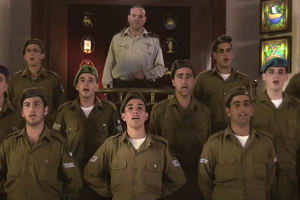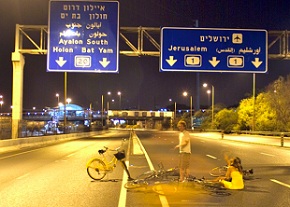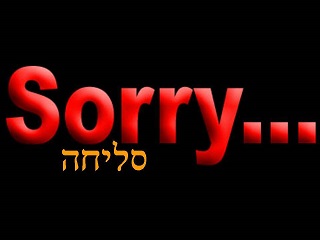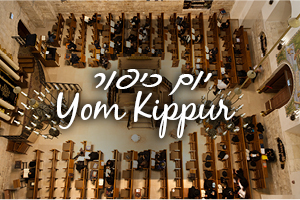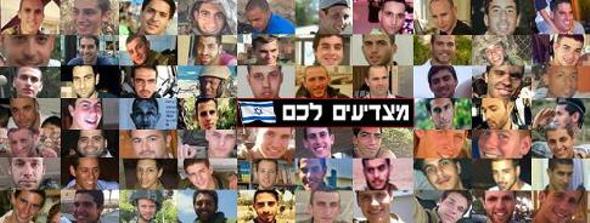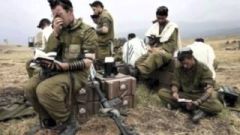For Synagogues Throughout the World: Remembering Israel On Yom Kippur
By Robbie Gringras, E Jewish Philanthropy
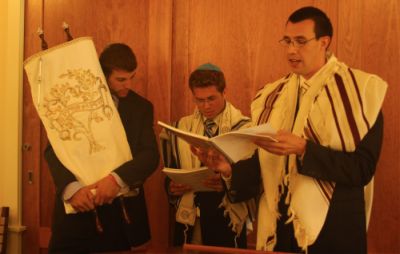
Copyright © W&L Hillel
A possible script. At synagogues throughout the world.
[The Cantor clears his/her throat, and announces:]
“Just before we/I sing Unetaneh Tokef, I wonder what associations arise when we think about Yom Kippur?
I know that we have often/rarely/never talked about this before: For some of us, we think about a cleansing of sins. Some of us contemplate the previous year, some of us think of our relationship with God, and some of us just think about food! But today, I would say that about one out of every two Jews in the world is also thinking about the horrors of war.
Because on Yom Kippur a war broke out in Israel, and it has never been forgotten.
Now I am aware that we rarely/often talk about Israel in synagogue, and that Israel is a controversial/significant part of our community. But I would venture to say that most of our activities to do with Israel happen outside the prayer service. I’d like/We decided/Someone suggested to try something different. Let’s try to touch Israel through prayer and song.
In 1973, when Israel was only 25 years old, she faced a war on all fronts that began on Yom Kippur itself. It would be fair to say that nearly everyone in Israel, religious and non-religious, orthodox and reform, all approach the Day of Atonement, Yom Kippur, thinking about the war of 1973. Especially today, more than 40 years on. It was a terrible war, in which some 10,000 Israelis were killed or wounded – three out of every thousand Israelis. For Israelis, Yom Kippur is not only a religious and spiritual tradition, it is also marks a human tragedy.
Kibbutz Bet HaShita
No more so than for the members of Kibbutz Bet HaShita. Kibbutz Bet HaShita was a non-observant kibbutz that did not usually pray on Yom Kippur. But 11 members of this kibbutz were killed during that war. 11 friends in a community of 300 – not much larger than/not much smaller than/the same size as our own congregation sitting here today. And after the chaos of the war had ended, these 11 sons of the community were all buried together on the same day.
From that day forward, Bet HaShita could not not observe Yom Kippur. For Yom Kippur had come to find them. And after many years of trying to address their relationship to fate, to God, to life, to their Jewish identity and to Yom Kippur itself, they decided to commission their own musical composition set to the words of the prayer we’re about to sing next: Unetaneh Tokef.
Why Unetaneh Tokef? Because this prayer, this piyut, talks of Judgment Day, of that dread-filled moment when the Lord in Heaven/Ruler of the Universe makes decisions as to who will live this coming year, and who will die.
Who will die before their time, and who on their time? Who by fire and who by sword?
At the Kibbutz’ behest, Israeli composer Yair Rosenblum wrote a new melody for them, set to the words of Unetaneh Tokef. And now every Yom Kippur the members of Kibbutz Bet HaShita gather to hear a performance of their version of Unetaneh Tokef, made up as it is of ancient religious liturgy and modern secular pain. Ever since, the song is always played on Israeli radio in the days leading up to Yom Kippur, and sung in many synagogues throughout Israel.
As a one-time gesture/as the beginning of a new tradition for our community, we/I also would like to sing the Bet HaShita version of Unetaneh Tokef as composed by Yair Rosenblum. And as we sing, we may also think of life, and death, and fate, and God, and Israel and the broad and varied nature of the Jewish People.”

